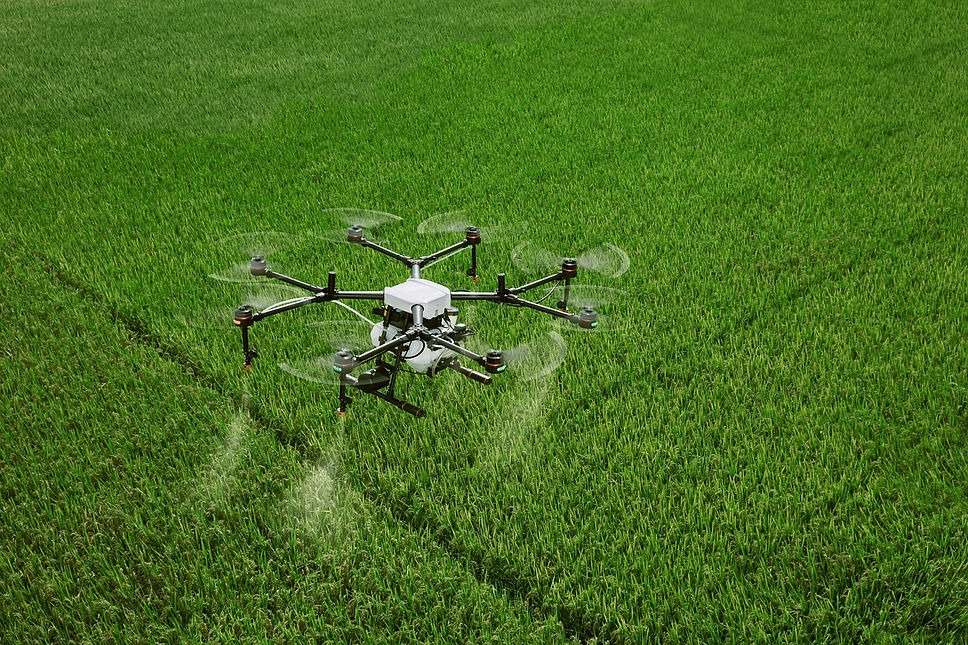
Harnessing Drone Technology to Revolutionize Agriculture
Agriculture is at a crossroads. As global demands for food production rise and environmental concerns intensify, the sector faces the dual challenge of increasing efficiency while adopting more sustainable practices. For small and medium-sized farms, particularly in regions like Germany, Austria, and Switzerland, achieving this balance can be daunting. However, drone technology offers a transformative solution, combining precision, sustainability, and cost-effectiveness.
The Role of Drones in Modern Agriculture
Once seen as futuristic, drones are now becoming a cornerstone of advanced farming practices. Their applications extend beyond mere data collection to active roles in farming processes, particularly in biological pest control. By leveraging drones, farmers can shift away from traditional, chemical-intensive methods to more sustainable and efficient alternatives.
Key Benefits of Drone Technology
-
Cost Reduction:One of the most immediate advantages is the significant reduction in costs. Biological pest control, deployed via drones, minimizes the need for expensive agrochemicals. Additionally, the precise application ensures less waste, leading to further savings.
-
Environmental Sustainability:Drones enable targeted interventions, reducing the overuse of chemicals and preserving biodiversity. By focusing on specific areas, they lower the environmental footprint of pest control activities, aligning with global sustainability goals.
-
Enhanced Efficiency:Optimized flight planning allows drones to cover vast areas quickly and with unparalleled accuracy. This increases overall productivity and reduces dependency on labor-intensive processes, which are becoming increasingly costly and scarce.
Why It Matters for Small and Medium Farms
Farms in Germany, Austria, and Switzerland are uniquely positioned to benefit from this technology. These regions are characterized by small-scale agricultural operations that often struggle to compete with larger industrial farms. Drone technology provides a level playing field by:
-
Reducing operational costs, improving margins.
-
Offering a sustainable method to meet stringent EU environmental regulations.
-
Enabling access to cutting-edge precision farming tools that were previously inaccessible.
The Road Ahead
Adopting drone technology is not without its challenges. Farmers need access to training, regulatory clarity, and affordable options to integrate drones into their operations. Governments, technology providers, and agricultural cooperatives have a crucial role to play in fostering adoption through subsidies, education, and partnerships.
By embracing drones, small and medium-sized farms can transform their operations, becoming more resilient, productive, and sustainable. The future of agriculture lies in innovation, and drones are poised to be at the forefront of this evolution.